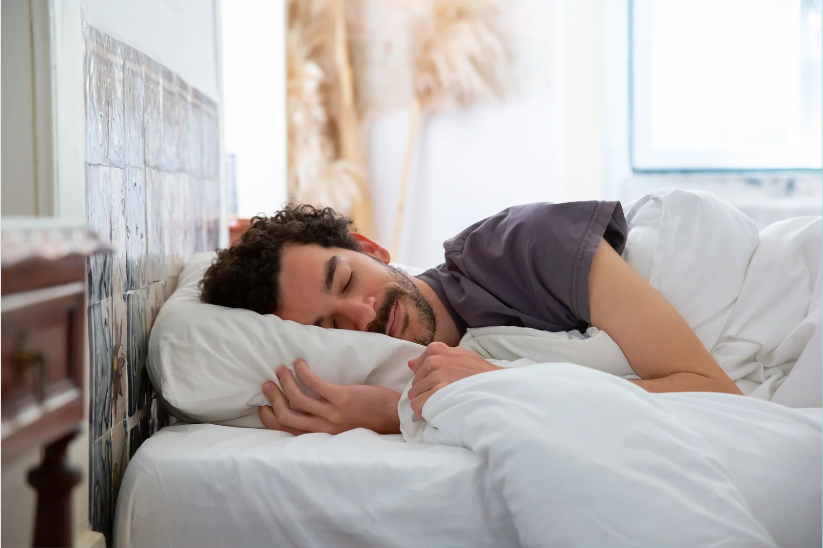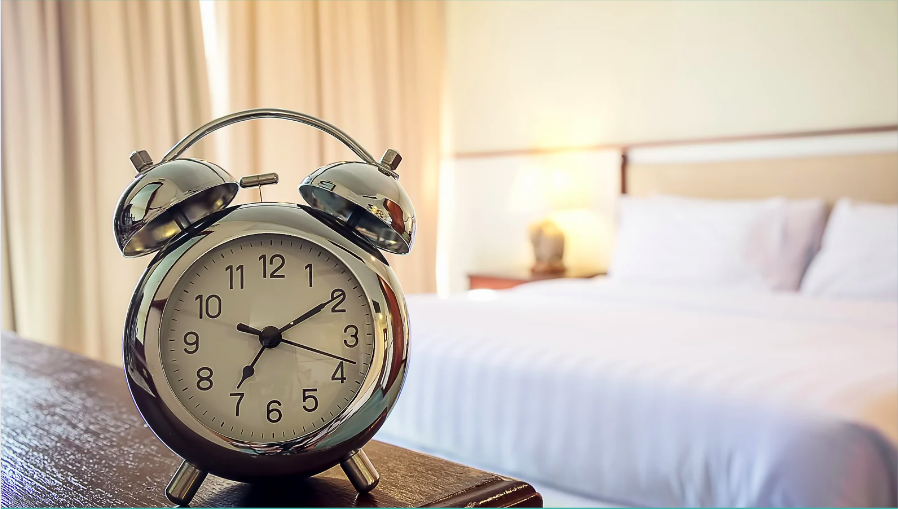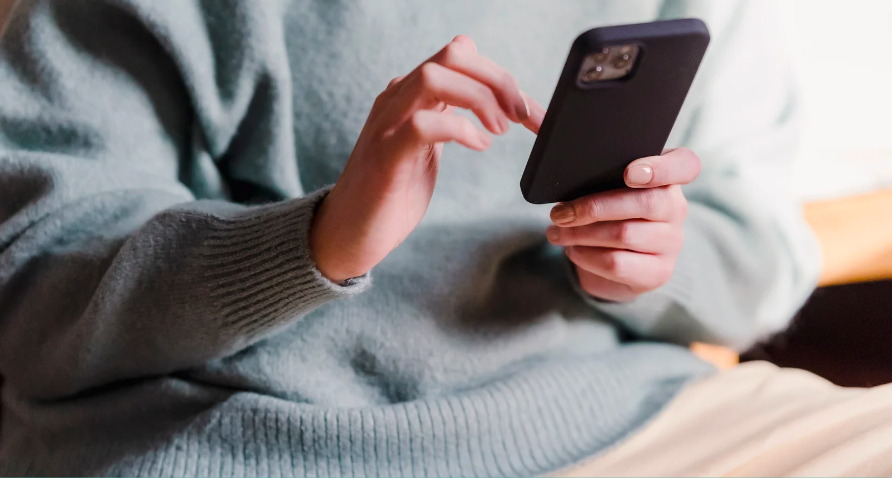
The term sleep hygiene is a bit strange. It doesn’t refer to having a shower or changing your bed sheets (though still important habits!). Sleep hygiene refers to the behaviours and routines relating to your sleep, to ensure that you get the best rest possible, to keep you feeling well.
You may be reading this thinking, “Peninsula Hand Therapy? What’s that got to do with sleep?”. Though we primarily deal in hand and upper limb conditions, sleep is a very important aspect of recovery from injury. Sleep is also very important for general health and wellbeing, which can have a significant impact on how you use your hands!
Literature shows that obtaining adequate good quality sleep whilst recovering from an injury allows appropriate physiological pathways to regulate hormone and immune responses. These responses allow the messaging for remodelling tissue to occur more effectively, as well as regulating processes like inflammation to ensure your body is working appropriately to heal your injury. (Chennaoui et al., 2021).
Contrary to what many think, sleep hygiene doesn’t just consist of your bedtime routine. What you do during the day may have an impact on how you sleep at night, just the same as your sleep having an impact on your daytime activities. Sleep hygiene is a circle, and dependent on your behaviours, this circle may be vicious or virtuous.
So, what are some signs of poor sleep hygiene? Here’s a few:
· Feeling tired, fatigued, or “foggy”
· Feeling angry or irritable
· Having poor concentration or decision-making ability · Taking longer to fall asleep
· Waking up during the night
· Waking up earlier or later than you should
Poor sleep hygiene can lead to changes in your biological circadian rhythm, which causes the vicious circle to begin turning. Circadian rhythm is your “body clock”, the means of telling you when to fall asleep (feel tired) and when to wake up (feel alert). Often the tired feeling that we can get during the day is a result of circadian misalignment.

Benefits of good sleep hygiene:
Imagine, you wake up before your alarm clock, you get to work, and you cruise through the day feeling awake and alert, before slowly winding down in the evening and heading to bed at a reasonable time. This is the benefit of good sleep hygiene. When our body has a healthy routine, stable circadian rhythms can be maintained, and you can get through those long afternoon meetings without falling asleep at your desk!
Good sleep hygiene also does wonders for your body systems, including increasing immunity, improving digestion and weight control, and reducing inflammation. These benefits are particularly relevant for you if you’re recovering from an injury, or have a chronic disability.
A study from Vitale et al. (2019) demonstrated that those who had impaired sleep patterns showed higher levels of inflammation, which impeded muscle recovery and repair over time. Luke (2011) studied the effects of sleep on memory, reaction time, and decision making, and found that those who had better sleep patterns demonstrated stronger motor learning.
So, how do we improve sleep hygiene?
Diet:
Recent research has suggested that dietary intake and our ability to get a good night’s sleep are closely related (Burrows et al., 2020). Eating a balanced diet, avoiding caffeine (particularly at the beginning and end of the day) and timing your meals to ensure adequate digestion before bedtime are all important things to consider.
Routine:
Creating a health routine is arguably the biggest thing you can do to improve your sleep hygiene. Waking up at the same time every day and going to bed at the same time every night is extremely important to allow your body to have continuity in its circadian rhythm. Your body needs to understand when the right time is to wake you up in the morning, and also when to release melatonin (the sleep hormone) in the evening.
Screen time:
Another important habit that plays into sleep hygiene is when you switch off your devices in the evening. The light that shines from your screen is known as blue light, and this can cause your body to become confused about whether it’s bedtime or not. Blue light blocks melatonin, therefore telling your brain and body that it’s not time to go to sleep yet. This can impair your ability to fall asleep quickly, which leads to less duration and quality of sleep.

Movement/exercise:
There are so many amazing benefits of regular moderate-vigorous intensity exercise that can have a direct or indirect benefit on your sleep. Adequate exercise is directly involved in good sleep hygiene as it decreases your likelihood of experiencing insomnia, otherwise known as an inability to fall asleep. Additionally, whilst the mechanism is not well understood, exercise allows our body to achieve more slow wave sleep, which is the type of sleep that allows our body to rest and recover for the next day.
If through reading this you have identified any concerns with your sleep hygiene, it’s always best to make an appointment with your GP to discuss a plan to help you improve your sleep. Your GP can discuss with you how to improve your habits and routines, and if diet is a concern, they may consider taking some objective measures to check your nutrition levels. If you are already a client of Peninsula Hand Therapy, feel free to discuss your sleep hygiene with one of our therapists at your next appointment!
This Blog has been written by Lucas Neale one of our Hand Therapists and sleep enthusiast!
If you require a consultation with one of our Hand Therapists please call or email us at Peninsula Hand Therapy.
References:
Burrows, T., Fenton, S., & Duncan, M. (2020). Diet and sleep health: a scoping review of intervention studies in adults. Journal of Human Nutrition and Dietetics.
Vitale, K. C., Owens, R., Hopkins, S. R., & Malhotra, A. (2019). Sleep hygiene for optimising recovery in athletes: Review and recommendations. International Journal of Sports Medicine.
Chennaoui et al. (2021). How does sleep help recovery from exercise-induced muscle injuries? Journal of Science and Medicine in Sport, 24(10), 982-987.